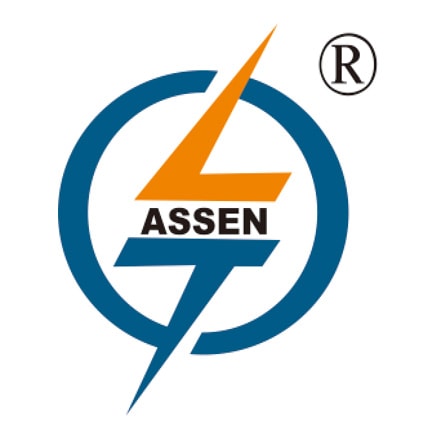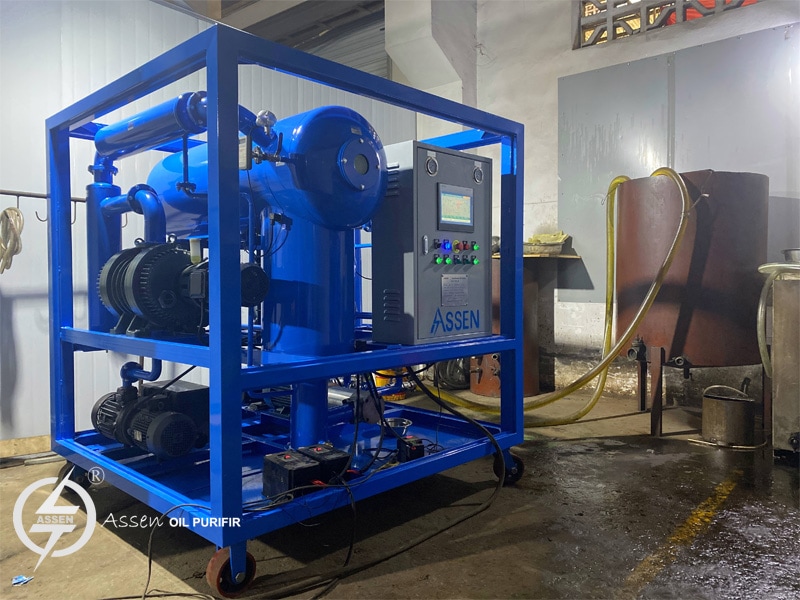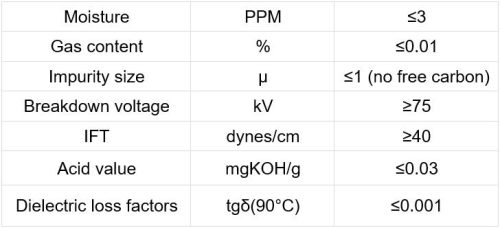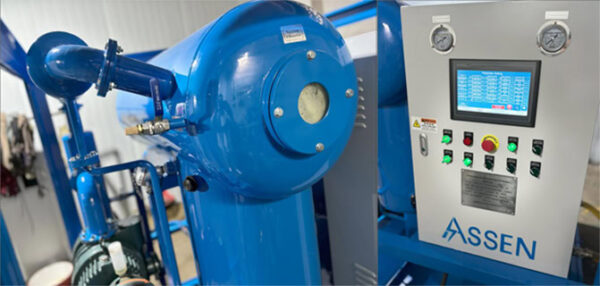
On Enhancing Efficiency Of DVTP Oil Filtering Process
Oil Filtration is the process of removing contaminants from oil. This is done to improve the quality of the oil and to extend its lifespan

The oil filtering process can be enhanced by a number of factors, including:
The use of better equipment: The use of better equipment can help to improve the efficiency of the oil purification process. For example, the use of more efficient filters can remove more contaminants from the oil.
The use of better chemicals: The use of better chemicals can also help to improve the efficiency of the oil purification process. For example, the use of chemicals that are more effective at dissolving contaminants can help to remove them more quickly and easily.
The use of better operating procedures: The use of better operating procedures can also help to improve the efficiency of the oil purification process. For example, the use of procedures that minimize the amount of time that the oil is exposed to contaminants can help to prevent them from being absorbed into the oil.
The use of automation: The use of automation can also help to improve the efficiency of the oil purification process. For example, the use of automated systems can help to ensure that the process is carried out consistently and accurately.
The following are some specific methods that can be used to enhance the efficiency of oil filtering process:
Filtration: Filtration is a common method for removing contaminants from oil. Filters can be used to remove a variety of contaminants, including solids, liquids, and gases. The efficiency of filtration can be improved by using filters with a smaller pore size.
Centrifugation: Centrifugation is a method that uses centrifugal force to separate contaminants from oil. The oil is spun at high speed, which causes the contaminants to be thrown to the sides of the centrifuge. The efficiency of centrifugation can be improved by increasing the speed of the centrifuge.
Chemical treatment: Chemical treatment is a method that uses chemicals to remove contaminants from oil. The chemicals react with the contaminants and remove them from the oil. The efficiency of chemical treatment can be improved by using chemicals that are more effective at dissolving contaminants.
Combination methods: These methods combine two or more of the methods listed above. For example, the oil may be filtered first to remove large contaminants, and then the oil may be treated with chemicals to remove smaller contaminants.
The choice of method for enhancing the efficiency of oil filtering process depends on the specific contaminants present in the oil and the desired level of purity. The most effective method is often a combination of two or more methods.
The benefits of enhancing the efficiency of oil filtering process:
Improved quality of the oil: The oil purification process can remove contaminants that can damage the oil and reduce its performance. By enhancing the efficiency of the oil purification process, the quality of the oil can be improved, which can extend its lifespan and improve its performance.
Reduced maintenance costs: The oil purification process can help to extend the lifespan of the oil, which can reduce maintenance costs. By enhancing the efficiency of the oil purification process, the lifespan of the oil can be further extended, which can lead to even greater savings on maintenance costs.
Improved safety: The oil purification process can remove contaminants that can be hazardous to human health and the environment. By enhancing the efficiency of the oil purification process, the risk of exposure to these contaminants can be reduced, which can improve safety.


The drawbacks of enhancing the efficiency of oil filtering process:
The cost of enhancement: The cost of enhancing the efficiency of oil purification can be significant. However, the cost of enhancement is often offset by the savings from improved oil quality, reduced maintenance costs, and improved safety.
The complexity of the process: The enhanced oil purification process can be more complex than the traditional process. This can make it more difficult to operate and maintain.
The risk of environmental damage: The enhanced oil purification process can use chemicals that are hazardous to the environment. This risk must be carefully managed to avoid environmental damage.
Overall, enhancing the efficiency of oil purification can offer a number of benefits, including improved oil quality, reduced maintenance costs, and improved safety. The cost of enhancement must be weighed against the benefits to determine if it is the right option for a particular application.



